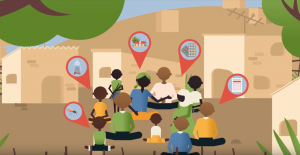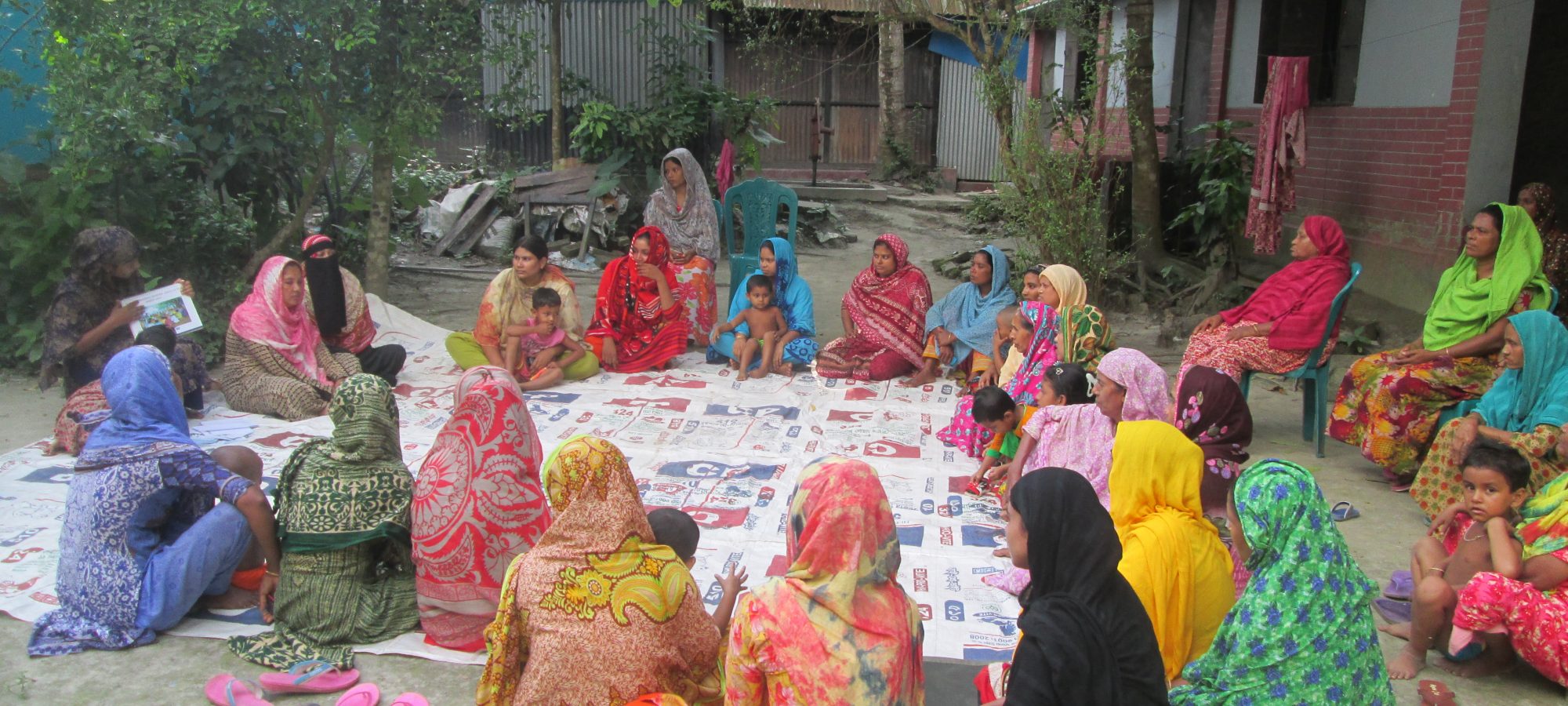Antibiotics are lifesavers – they are used to prevent and treat bacterial infections such as pneumonia, tuberculosis and urinary tract infections. However, the misuse of antibiotics in recent years has led to many strains of bacteria becoming resistant to this type of medicines, which means it is now more complex (and sometimes impossible) to treat infections caused by resistant “superbugs”. Unless we urgently change the way we use antibiotics, resistance will continue to spread globally, resulting in higher treatment costs, prolonged hospital stays and, ultimately, more people dying from bacterial infections. The worst case scenario would be a world where antibiotics are no longer effective and people die from common bacterial infections or minor accidents.

A recent report published by the Organisation for Economic Co-operation and Development (OECD) warns that in Europe, North America and Australia alone, 2.4 million people could die between 2015 and 2050 unless urgent action is taken to “stem the superbug tide”. The impact of antibiotic resistance is likely to be even more dramatic in low and middle-income countries, where health systems are weak and access to quality medicines is poorly regulated.
Tackling antibiotic resistance is not going to be an easy task. The development of new drugs and enabling healthcare providers to prescribe antibiotics only when needed will be important cornerstones of efforts to minimise resistance. However, a comprehensive approach will need to address many factors outside the traditional boundaries of the human health sector. For example, one of the ways to minimise the development of resistance is to prevent infections, which requires improvements in access to clean water, sanitation and hygiene. Another major contributor to the spread of resistance is the overuse of antibiotics in livestock and farmed fish, often to stimulate growth and prevent rather than cure infections. Scientists believe that resistant bacteria can spread through the food chain, but also through contaminated water and soils, for example through pollution from inadequate treatment of industrial, residential and farm waste. Because of the many interdependencies, the fight against antibiotic resistance is a prime example of the need to adopt a “One Health” approach – a coordinated, collaborative, multidisciplinary and cross-sectoral approach to improving health and wellbeing.
In November, the Call to Action on Antimicrobial Resistance was held in Accra, Ghana, which brought together policymakers, donors, civil society and researchers from a broad range of countries and backgrounds to discuss the global response to the most critical gaps in tackling the development and spread of drug-resistant infections. The event was co-hosted by the governments of Ghana, Thailand and the UK, with the United Nations Foundation, World Bank and Wellcome Trust and in partnership with the Interagency Coordination Group on Antimicrobial Resistance.
The first day of the event focused on highlighting the work of individuals and organisations taking pioneering action to tackle drug-resistant infections. Malaria Consortium was honoured to be chosen by the Wellcome Trust as one of two “Pioneers” identified through a competitive open call to showcase our work on Community Dialogue to address antibiotic resistance in Bangladesh. The project, a collaboration between the University of Leeds, ARK Foundation and Malaria Consortium, addresses a factor that is often overlooked: what the general public can do to minimise the spread of antibiotic resistance. For example, people should use antibiotics only when prescribed by a health professional, complete the full prescription, and never share antibiotics with friends and family. To bring about positive social and behaviour change among the general public, the project adopts the Community Dialogue Approach, which has been used by Malaria Consortium in different countries and for a range of other health issues. The approach involves enabling community-based volunteers to host regular community meetings to explore how a health issue affects the community, identify solutions to the problem and decide on how the community will address the issue. It builds on the assumption that public discussion and collective decision making will, over time, create a sense of ownership and affect the social norms that shape the behaviour of the wider community, not just those who actively participate in the meetings. In this project, 55 volunteers were trained in the catchment area of five Community Clinics, a total population of 30,000. Since May 2018, over 400 meetings have been held, each involving 40 community members on average. Evaluation of the project is ongoing, but preliminary findings are encouraging, with many participating reporting that they are now more mindful of using antibiotics appropriately.
Delegates at the Call to Action commended the community-level, bottom-up approach to tackling antibiotic resistance. Many were particularly impressed with how the project aimed to embed the approach within the existing health system and community structures to strengthen its sustainability, for example by linking the supervision of volunteers with the network of Community Clinics that provide basic health care in Bangladesh.
In the future, we would like to expand the approach to a larger area and to carry out a robust evaluation of its impact on behaviour. We also see an opportunity to embrace the One Health idea and include the promotion of positive behaviours concerning the use of antibiotics in livestock. Overall, we believe that the approach can be used to help communities to become “resistance fighters” and play a part in tackling the threat of antibiotic resistance.
Learn more
Read our implementation guide for the Community Dialogue Approach
